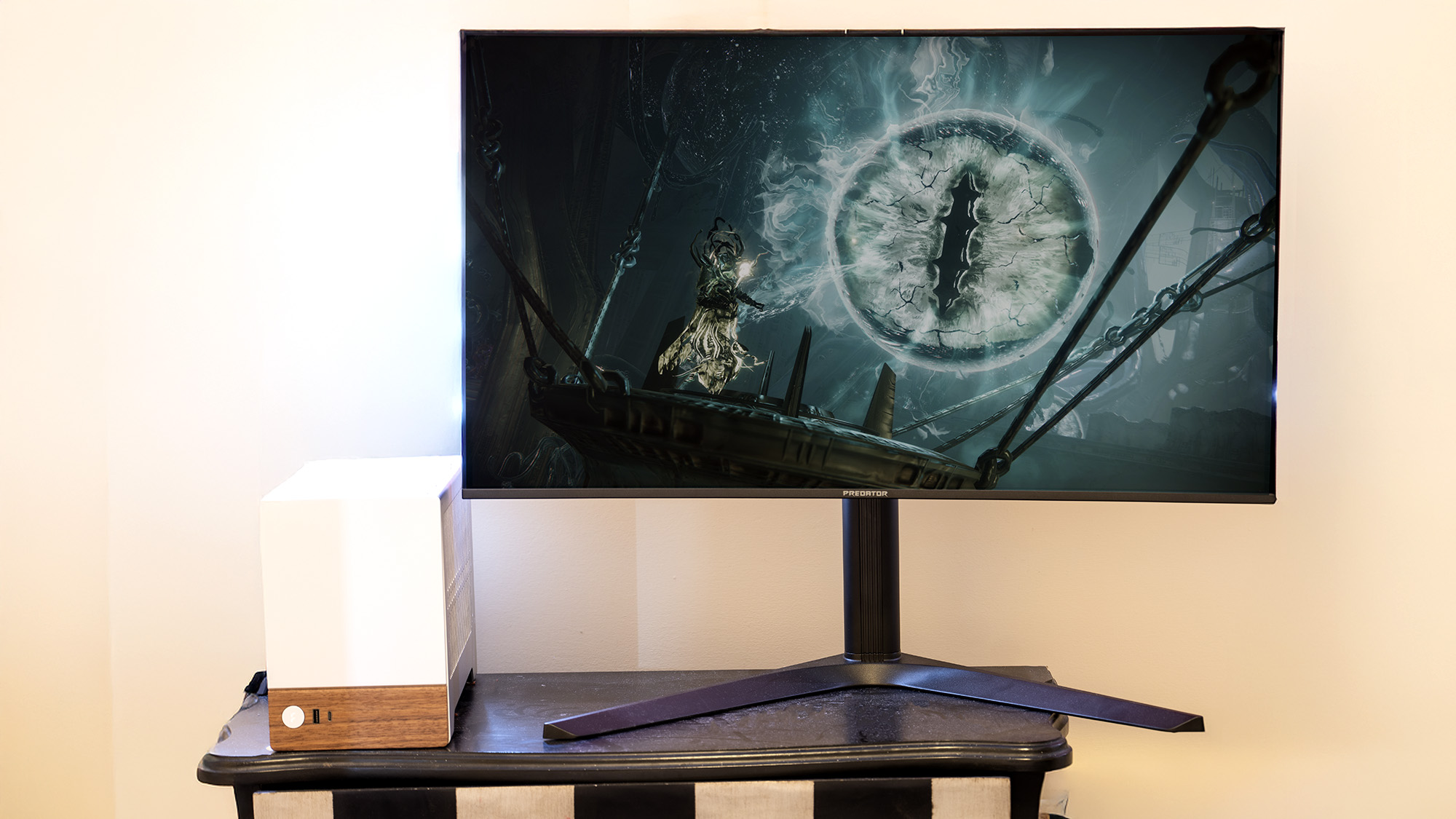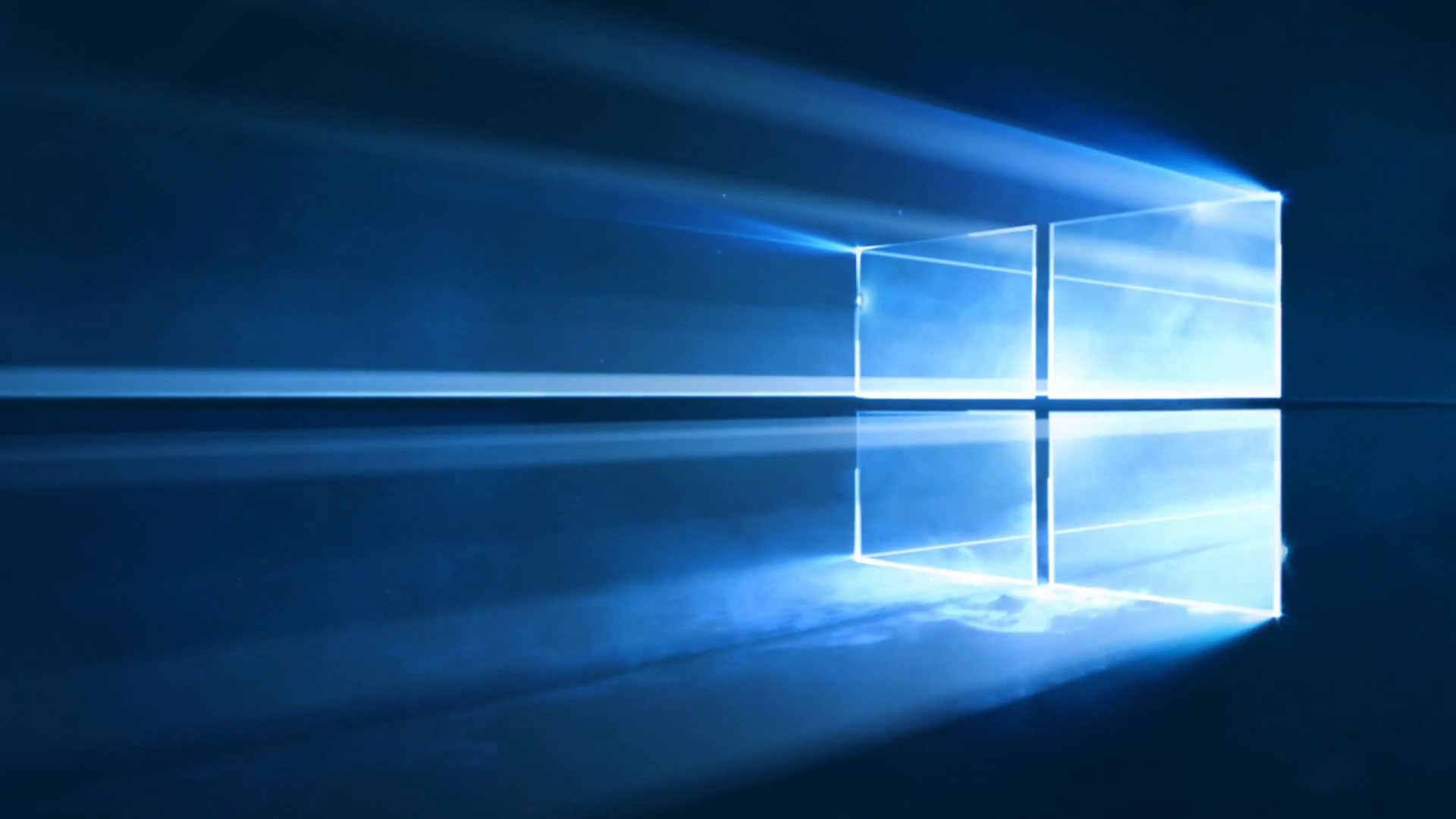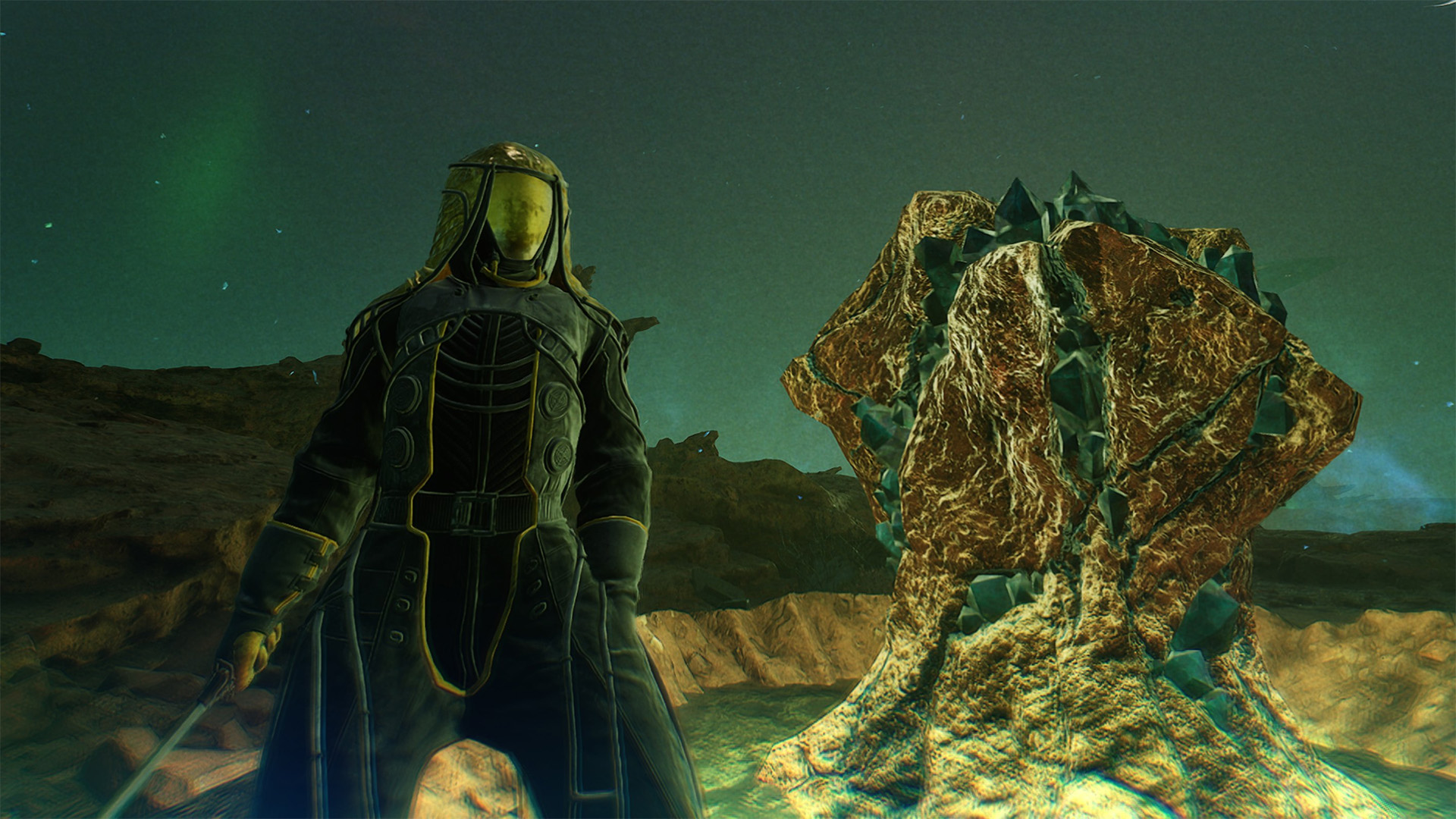
The rumors are true: Bethesda Game Studios’ latest project, Starfield, does not include support for Nvidia’s widely popular supersampling tech, Deep Learning Super Sampling (DLSS).
The PC version for Starfield only includes support for one supersampling tech: AMD’s FidelityFX Super Resolution (FSR), specifically the second iteration of FSR.
Checking through Starfield’s PC Settings, as shown in the screenshot below, PC players can choose two upscaling options: FSR 2, FidelityFX Contrast Adaptive Sharpening (CAS), or turn off upscaling altogether. The PC settings also do not support Intel’s supersampling tech, Xe Super Sampling (XeSS).
The FSR exclusivity should not be too much of a surprise, given AMD and Bethesda struck an exclusive partnership to make the GPU maker the “exclusive PC partner for Starfield”, though AMD and Bethesda have not specified if whether or not FSR was exclusive to Starfield for a limited time or not.
It was therefore widely speculated that DLSS would not be in Starfield, especially after one user documented himself examining the PC files after he preloaded Starfield on his rig.
While AMD Bethesda dodged the question posed by many, AMD’s gaming chief Frank Azor The Verge last week there is nothing stopping Bethesda Game Studios from implmenting DLSS if the developer wanted to. Azor notes that it is more a request than a demand for its publishign partners, saying “If they ask us for DLSS support, we always tell them yes”.
While the future of Starfield getting official DLSS support remains up in the air, the game will get unofficial DLSS support, as modder PureDark announced its plans to support Nvidia’s supersampling tech in Starfield. The caveat with that at first, however, is the support will only be for the third generation of DLSS, which is exclusive to those who own an RTX 40-series graphics card.
In our 7/10 review of Starfield, IGN said: “Starfield has a lot of forces working against it, but eventually the allure of its expansive roleplaying quests and respectable combat make its gravitational pull difficult to resist.”
Taylor is a Reporter at IGN. You can follow her on Twitter @TayNixster.






